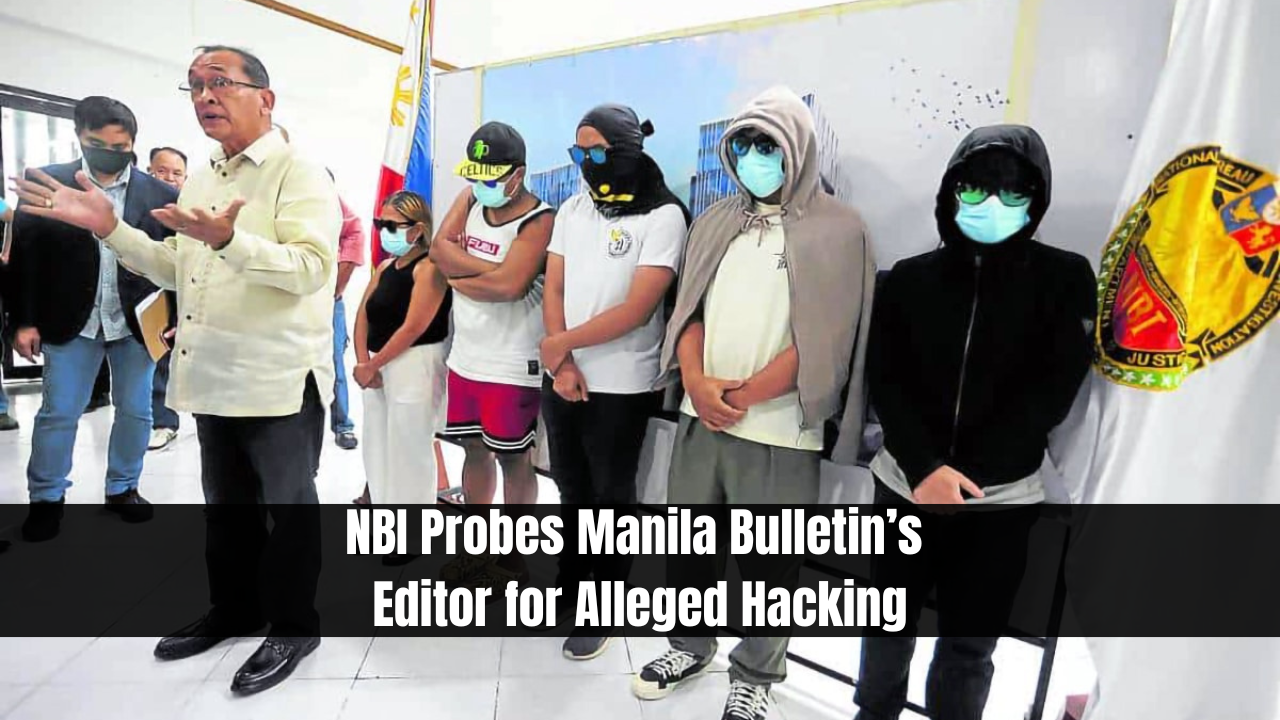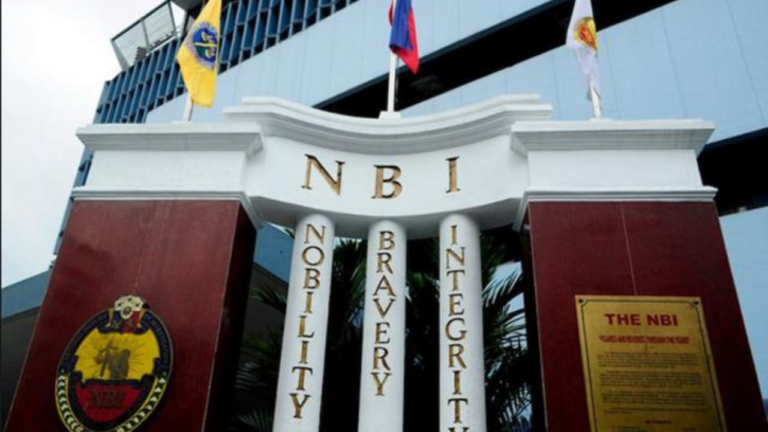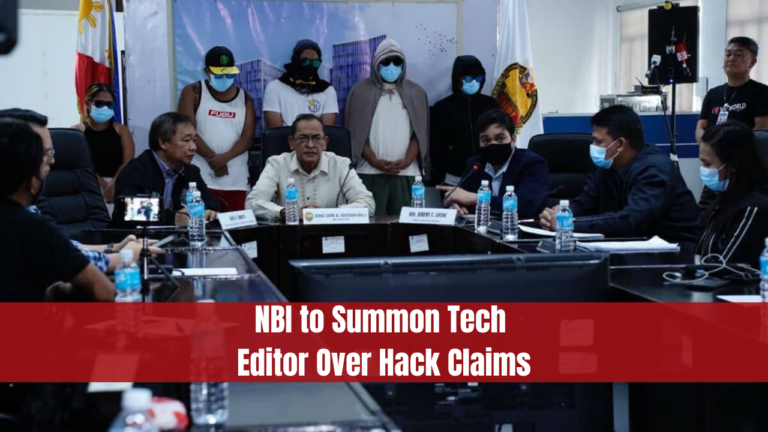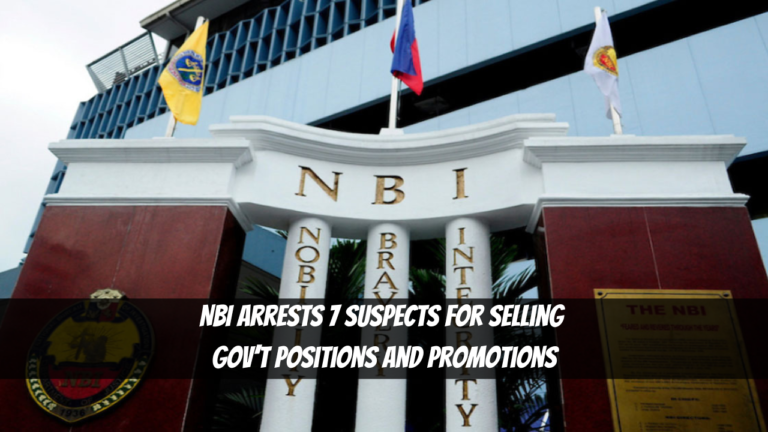NBI Probes Manila Bulletins Editor for Alleged Hacking

NBI Probes Manila Bulletin’s Editor for Alleged Hacking. In a startling development, the National Bureau of Investigation (NBI) has launched an investigation into the alleged involvement of the Manila Bulletin’s information technology editor in hacking several government websites. This investigation highlights the critical issue of cybersecurity and the potential vulnerabilities in even the most trusted institutions.
NBI Probes Manila Bulletins Editor for Alleged Hacking
The NBI Cybercrime Division, led by Atty. Jeremy Lotoc, has been diligently working on this case. The investigation was triggered by the arrest of a hacker who confessed to being directed by Mr. Art Samaniego, the IT editor at the Manila Bulletin. This hacker, also a data officer at the Manila Bulletin, provided an extrajudicial statement implicating Samaniego in orchestrating these cyberattacks.
Details of the Allegations
According to the extrajudicial confession, the hacker received explicit instructions from Samaniego on which websites and mobile applications to target. After successfully breaching these systems, Samaniego allegedly took charge of exploiting the compromised data. This systematic approach was corroborated by the NBI, which noted a pattern: Samaniego was consistently the first to publish articles about the hacking incidents, suggesting prior knowledge.
Specific Incidents
The NBI’s investigation revealed that Samaniego allegedly directed the hacker to target high-profile institutions such as the Armed Forces of the Philippines (AFP) and the National Security Council (NSC). This directive was confirmed by the hacker, who stated that these attacks were specifically ordered by Samaniego.
Financial Transactions with Hackers
Further complicating the matter are allegations that Samaniego compensated local hackers for identifying vulnerabilities in various systems across the Philippines. This claim, if proven, could suggest a broader network of cybercriminal activity with Samaniego at the helm.
Hacker Confession
The hacker, who has been associated with the Manila Bulletin for five years, recounted his relationship with Samaniego. During his time with the notorious hacking group Pinoy LulzSec, the hacker would provide Samaniego with detailed reports of his exploits, including proof of concept and data severity. In return, Samaniego would write articles based on these reports, effectively using insider information to boost the Bulletin’s news coverage.
Recent Incidents
One of the more recent directives involved the 1Sambayan mobile app, a political coalition’s application. The hacker was instructed to check for vulnerabilities, which led to the extraction of data from approximately 2,000 volunteers. This incident underscores the potential political motivations behind these cyberattacks.
Samaniego’s Denial
Despite the mounting evidence, Art Samaniego has vehemently denied all allegations. He maintains that he has always been an ally of the government in combating cybercrime and insists that his actions have been misinterpreted.
Implications and Next Steps
The implications of these allegations are far-reaching. If proven true, they could expose significant lapses in the cybersecurity protocols of both the Manila Bulletin and the affected government institutions. The NBI’s investigation is ongoing, and the agency is expected to provide further updates as more information becomes available.
Conclusion
The investigation into Art Samaniego and the Manila Bulletin’s alleged involvement in orchestrating cyberattacks against government websites has shocked the nation. As the NBI continues its probe, the case serves as a stark reminder of the ever-present threats in the digital age and the importance of robust cybersecurity measures.





